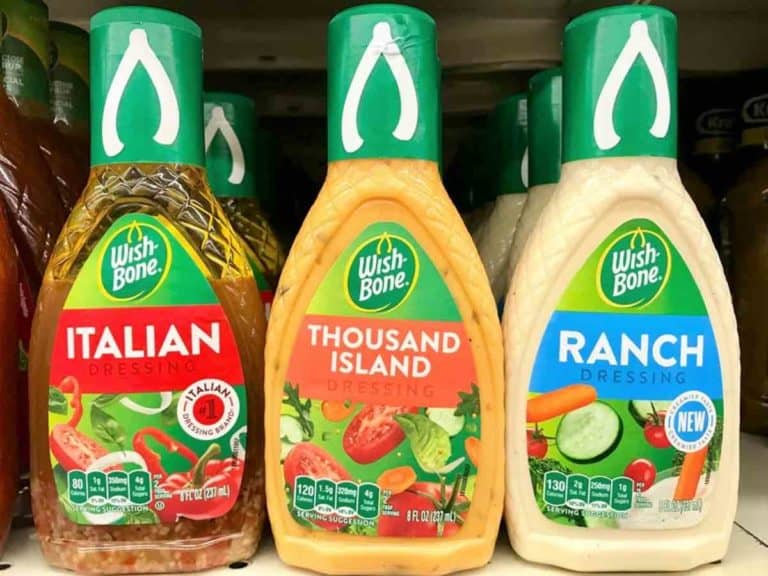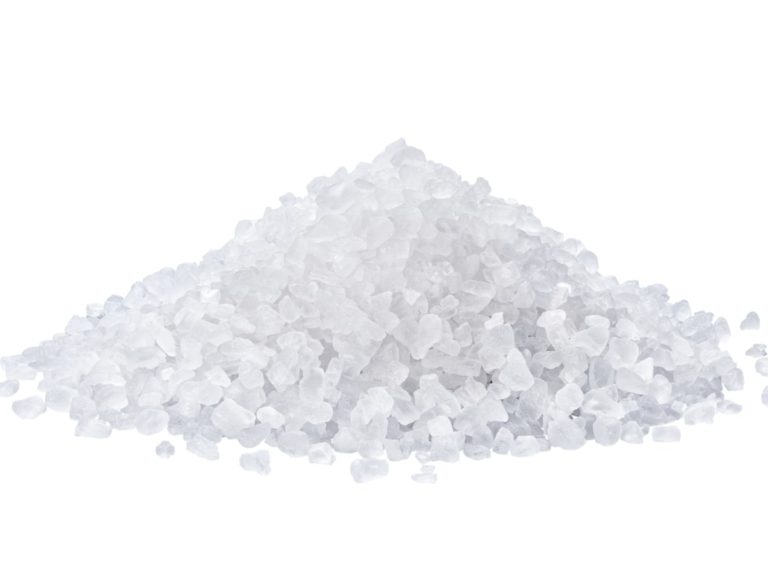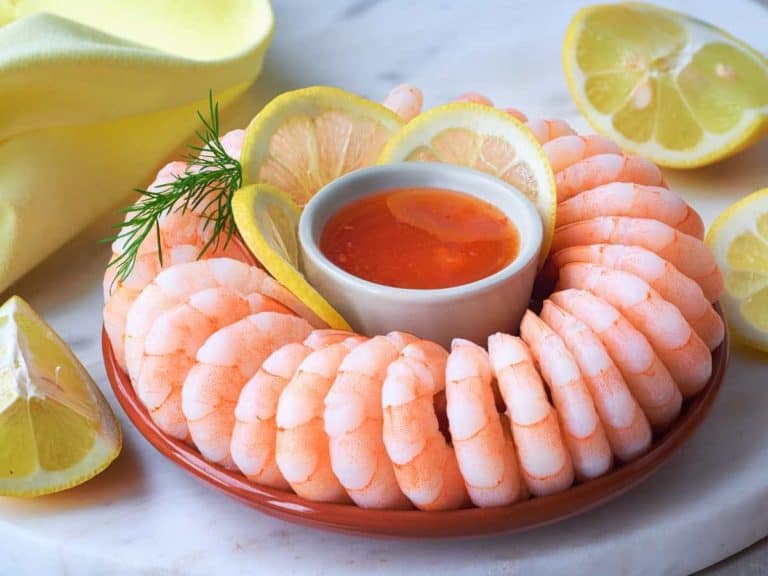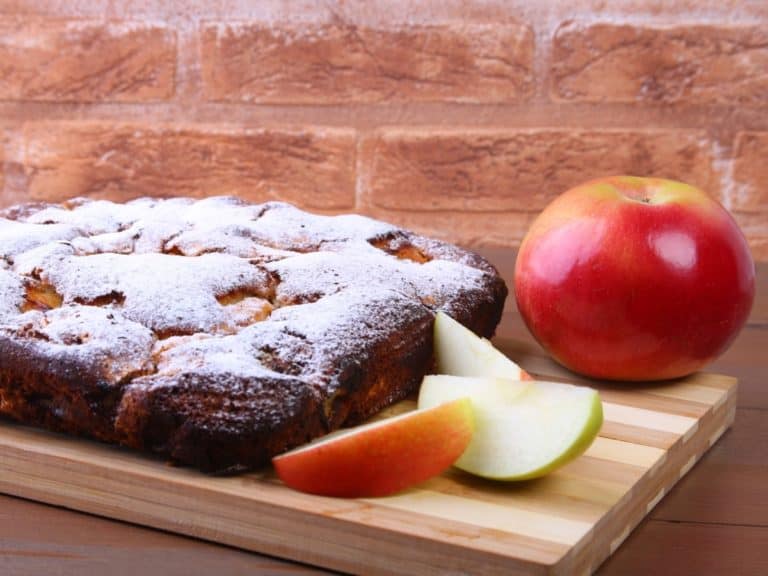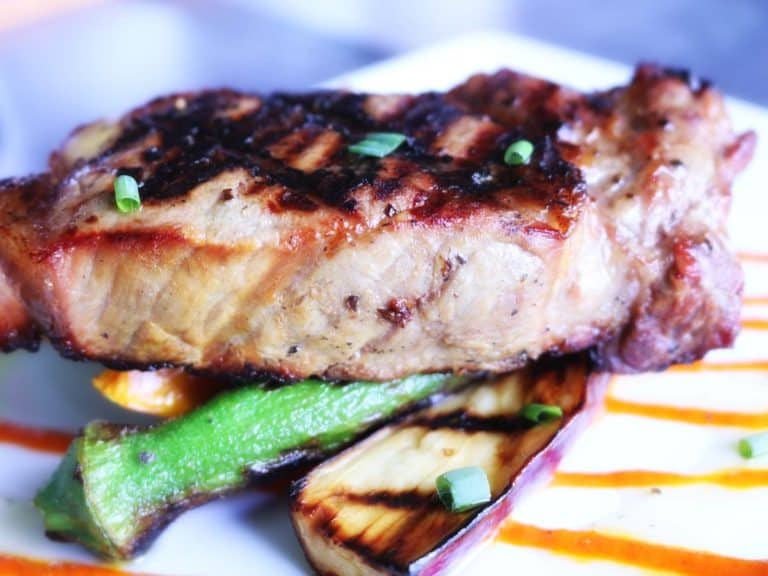Are Slimy Carrots Bad for You?
Like many vegetables, carrots are susceptible to being covered with slime after a while. This is especially true for baby carrots — some of them can end up slimy even when refrigerated and still in their original packaging. But does this mean that you should dispose of carrots the minute they become slippery to the touch?
Slimy carrots are not necessarily bad. In many instances, the slime can be scrubbed and washed off. But since the presence of slime on baby carrots is a sign that the rotting process has begun, careful examination is warranted. If slimy baby carrots are smelly and mushy, they should be thrown away.
Instead of a sharper vision, you might end up with a sharp pain in the stomach if you eat bad carrots.
Make sure that you read this article until the very end, especially if you love carrots not only for their taste and crunch but also for their many different health benefits.
We will talk about a matter that all carrot shoppers and lovers are likely to encounter at least once in their lifetime: slime-covered carrots.
But before anything else, let’s answer this question many are too embarrassed to ask…
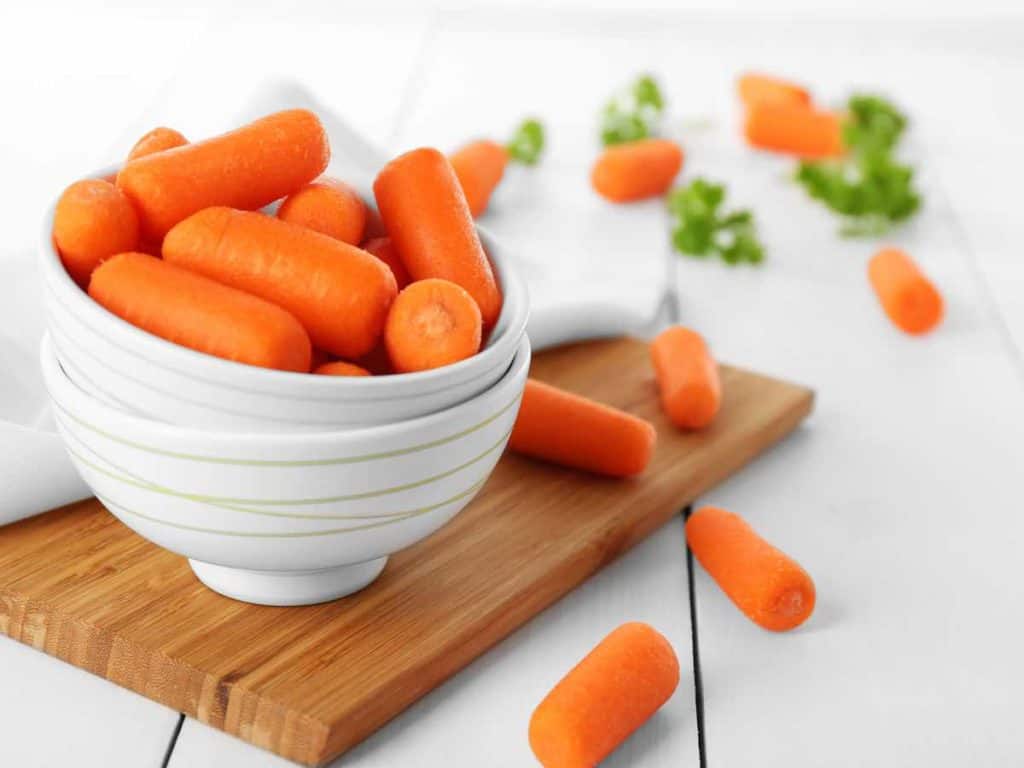
Are Baby Carrots Young Carrots?
Baby carrots are not actually young carrots. They are small pieces of carrots obtained from fully-grown carrots. A machine slices regular adult carrots (deformed ones, in most instances) into two-inch pieces. Afterward, another machine rounds off the edges, making them appear like small carrots.
There are immature or young carrots and there are baby carrots supermarkets sell.
Despite their name, baby carrots are not young carrots. No supermarket carries the real deal because no one likes to eat immature carrots — they are green, have less flavor, and are difficult to chew and digest.
On the other hand, baby carrots are just as pretty, tasty and nutritious as fully-grown regular carrots, albeit sold in smaller sizes that are more delightful to cook with or snack on as there is no peeling or slicing necessary.
But since they have no peel, which contains loads of nutrients, baby carrots may not be as nutritious as their larger counterparts.
What’s more, the absence of peel can make baby carrots go bad faster than regular carrots.
Why Do Carrots Form Slime?
Carrots form slime when bacteria grow on them, usually as a result of improper storage. If carrots are not stored at the right temperature, they collect excess moisture, which then harbors bacterial growth. Carrots stored in the refrigerator can also form slime because of condensation.
Bad carrots look differently. For instance, some of them may have tiny white dots on the surface (referred to as “white blush”), which can be blamed on lack of much-needed moisture — dehydration.
Then there are also bad carrots that are sticky and mushy. The presence of slime, as mentioned earlier, is due to the formation of bacteria on the surface, which is usually the result of excess moisture. In order for them to be able to multiply, bacteria on fruits and vegetables require water.
It’s for this reason why food products with high moisture content tend to go bad faster.
Needless to say, if slime is present on carrots, it only means one thing: it’s on its way to going bad. In some instances, it’s already bad, particularly if the slime has penetrated deeply into the carrots, turning them mushy.
Why Do Baby Carrots Form Slime Faster?
Unlike fully-grown carrots from where they come, baby carrots are peeled. This makes them more vulnerable to the elements, including those that make them lose their quality and go bad. Both baby carrots and regular carrots can form slime, especially if stored improperly, but at different rates.
Many different perks come with opting for baby carrots. They help reduce food waste, they allow you to save time on food preparation, and they make salads and dishes look more appealing and appetizing.
However, there is one downside to the use of baby carrots: they tend to go bad quicker.
Compared to regular carrots with their peel intact, baby carrots form slime at a much faster rate. It’s for the fact that they have no peel that can protect them from excess moisture.
The presence of slime is a sure sign that the process of those baby carrots going bad is already in motion.
Because they are already peeled and thus have less protection against the elements, it’s of utmost importance to store baby carrots the right way. Otherwise, they can have a considerably shorter shelf life than usual.
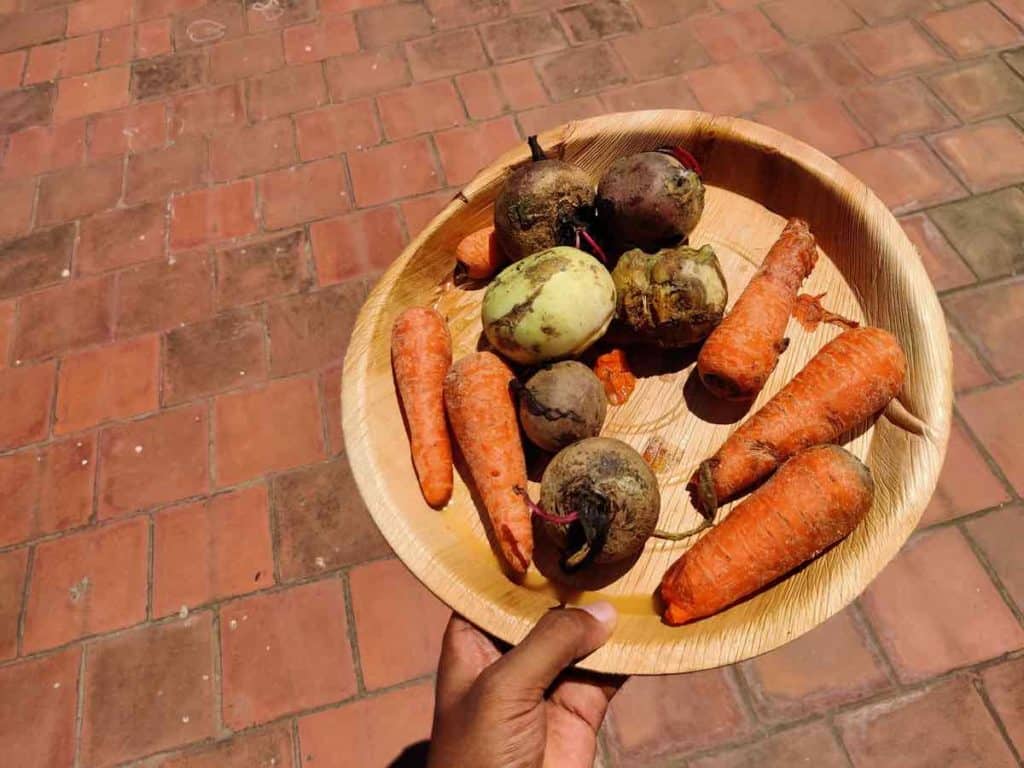
Best Way to Store Baby Carrots
Baby carrots should be protected against high temperatures and excess moisture in order to keep them from going bad at a faster rate. They should be placed in the refrigerator right away, where they can last anywhere from two to three weeks. In the freezer, baby carrots can last from 12 to 18 months.
Regular carrots can be stored at room temperature. Unrefrigerated, they can last for three to five days.
Just make sure that you remove the greens beforehand. Otherwise, carrots will go bad quicker than usual — those tops will suck all the moisture out of carrots, leaving them dry, wrinkly and ugly.
While it’s perfectly fine to store carrots outside the refrigerator, provided that you will consume them within a couple of days, the same cannot be said for baby carrots. Because they have no peel, it’s not unlikely for them to go bad faster than unpeeled carrots. Moisture trapped in their packaging can shorten their shelf life significantly, too.
To keep baby carrots in good condition for a long time, cut a few holes in the plastic container to allow excess moisture to escape. Stash baby carrots in the refrigerator without delay.
Storing regular carrots in the refrigerator is also a good idea. This is especially true if you are not going to cook with or eat them soon.
Refrigerated, carrots can stay fresh anywhere from three to four weeks, as opposed to only three to five days at room temperature. Again, chop off the green tops beforehand.
Both baby carrots and regular carrots can be stored in the freezer, too, to extend their shelf life by a great deal.
Frozen properly, they can stay in good condition for 12 to 18 months. But when storing baby carrots in the freezer, it’s a good idea to blanch them beforehand to prevent excess flavor, color and texture loss. Here are the simple steps to blanching and freezing baby carrots:
- Boil baby carrots for three minutes.
- Submerge baby carrots in ice water for three minutes.
- Drain and allow to cool.
- Transfer baby carrots to a freezer-safe container.
- Place in the freezer.
Just Before You Eat Those Carrots
The presence of slime on carrots only means one thing: those vitamin A-rich vegetables are no longer in prime condition. Being slimy means they were not stored the right way — in the case of baby carrots covered with slime, their manufacturers or vendors failed to handle them properly.
Disposing of slimy carrots breaking the heart of the budget-conscious in you?
Check the carrots before you decide to toss them in the bin. If it seems like the slime can be scrubbed and washed off or sliced away, leaving behind a perfectly firm and good-looking flesh, those carrots are probably safe to eat.
On the other hand, if the slime is accompanied by an unwelcome bleach-like smell as well as an unflattering mush-like texture, don’t risk it — get rid of those slimy orange veggies. This is especially true for baby carrots, which are very much likely to be already in a terrible state since they no longer have any protective peel.
Related Questions
Is it okay to eat carrots unpeeled?
It’s perfectly fine to eat unpeeled carrots provided that they are washed and scrubbed very well to remove dirt and debris beforehand. According to health authorities, some health-giving nutrients in vegetables, such as fiber and antioxidants, can be found in higher concentrations in the peel.
Are carrots healthier when raw or cooked?
A CNN article said that cooking carrots increases the amount of beta carotene, an antioxidant that is converted by the body into vitamin A, in them. However, it’s recommended to boil or steam carrots whole as slicing them beforehand can reduce their nutrients by as much as 25%.
Good to Know: How to Tell If Ranch is Bad

